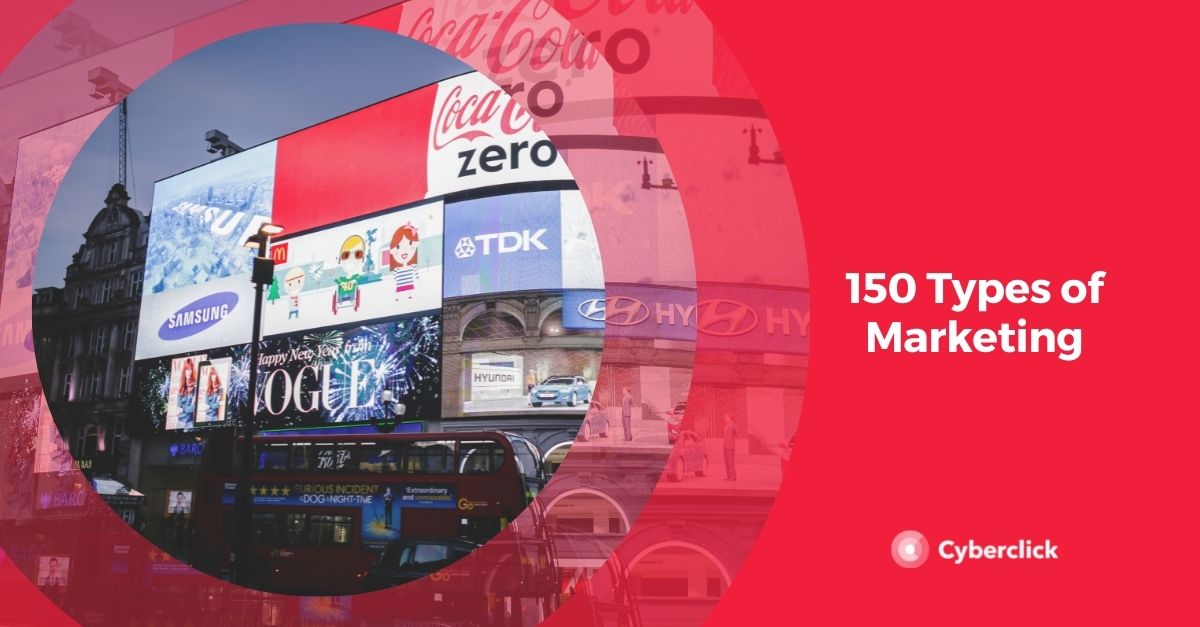As we start 2025, the world of SEO continues to evolve. While some fundamentals remain constant—Google still dominates global search, except in markets like Russia and China, where Yandex and Baidu lead—emerging trends are reshaping how businesses approach search engine optimization. Here’s a detailed look at the key SEO trends that will define 2025, with expanded insights for each.

Prioritize AI-Driven Zero-Click Searches
Zero-click searches occur when users find answers directly on search engine results pages (SERPs) without visiting a website. Features like rich snippets, knowledge panels, and AI-generated results make this possible.
How to Adapt:
- Optimize for Complex Queries: Create in-depth, detailed content that answers nuanced or multifaceted questions, as these are harder for AI to condense into a single snippet.
- Leverage Video and Image Content: Invest in high-quality videos and images that cannot be fully displayed in the SERP, driving traffic to your site.
- Aim for Rich Snippets: Implement structured data (schema markup) and HTML tags to improve your chances of appearing in featured snippets or position zero.
- Maintain Content Quality: Produce authoritative and well-researched articles. Google often cites original sources when displaying AI-generated content, giving you additional exposure.
Focus on Experience-Based Content
As AI-generated content proliferates, search engines are prioritizing human-authored, experience-driven material to ensure authenticity and relevance.
How to Adapt:
- Emphasize Unique Perspectives: Develop content that showcases personal stories, real-life examples, and professional expertise.
- Encourage Author Personality: Allow authors to inject their personality and experiences into content to establish credibility and relatability.
- Follow Google’s EEAT Guidelines: Build content around Expertise, Experience, Authority, and Trustworthiness to boost search engine trust.
Rising Importance of Voice Search
Voice search adoption continues to grow, driven by widespread use of smart speakers like Amazon Echo and Google Nest. This trend demands an SEO approach that mirrors conversational language.
How to Adapt:
- Use Long-Tail Keywords: Incorporate natural, question-based phrases into your content. For example, “What’s the best coffee shop near me?” is more common in voice search than “best coffee shop.”
- Create FAQ Sections: Develop pages that answer commonly asked questions succinctly, improving your chances of capturing voice search traffic.
- Focus on Local SEO: Many voice searches are location-based, so make sure your business appears in relevant local queries.
Social Media as Search Engines
Platforms like TikTok, Instagram, and YouTube are increasingly used as search tools, especially by younger demographics such as Gen Z and Millennials.
How to Adapt:
- Strategic Hashtag Use: Research and use relevant, trending hashtags to improve discoverability on platforms like Instagram and TikTok.
- Keyword-Rich Profiles: Include targeted keywords in your social media bios and descriptions.
- Diversify Content Formats: Combine educational and promotional content to attract users searching for both information and inspiration.
Antitrust Litigation Could Shake Up SEO
In the U.S., antitrust lawsuits against Google could alter the SEO landscape significantly. If Google is forced to share data or algorithms, new search engines may emerge, increasing competition.
How to Prepare:
- Monitor Developments: Stay informed about the outcomes of these lawsuits to anticipate shifts in the SEO ecosystem.
- Diversify Search Strategies: Experiment with emerging platforms and search engines to avoid over-reliance on Google.
Shift Focus to User Intent, Not Keywords
Understanding the motivations behind searches will take precedence over targeting specific keywords.
How to Adapt:
- Focus on Problems and Solutions: Identify and address your audience’s pain points through your content.
- Avoid Misleading Keywords: Targeting high-volume keywords without delivering relevant value can harm engagement metrics like bounce rates and time on page.
Technical SEO Gains Importance
Search engines prioritize user experience, making technical SEO crucial for ranking well.
Key Areas to Optimize:
- Page Load Speed: Use tools like Google PageSpeed Insights to identify and fix slow-loading pages.
- Responsive Design: Be sure your site is mobile-friendly to cater to users on different devices, especially smartphones.
- Site Security: Use HTTPS encryption to protect user data and improve rankings.
- Crawlability and Indexing: Use clear site structures, sitemaps, and robots.txt files to help search engines navigate your content.
ChatGPT Search: The New Competitor
OpenAI's ChatGPT Search integrates AI capabilities with real-time web data, creating a distinct alternative to traditional search engines.
Why It Matters:
- Direct Responses: Provides concise answers to queries, saving users time.
- Source Transparency: Cites sources for credibility, encouraging users to explore original content.
- Follow-Up Questions: Supports conversational queries, creating opportunities for deeper engagement.
Local SEO: An Essential Strategy
Local SEO remains vital for businesses with physical locations, as users rely on tools like Google Maps to find nearby services.
How to Adapt:
- Optimize Your Google Business Profile: Provide accurate and detailed information, including hours, services, and photos.
- Encourage Reviews: Actively seek customer feedback and respond to reviews to build trust and credibility.
- Focus on Proximity: Make sure your business location is easily discoverable for local searches.
Visual Search Is Gaining Momentum
Visual search tools like Google Lens allow users to search via images, presenting unique opportunities for businesses.
How to Adapt:
- Optimize Image Metadata: Use descriptive filenames, alt text, and captions for all images.
- Utilize High-Quality Visuals: Be sure your images are sharp, relevant, and contextually aligned with your content.
- Leverage Visual Content Platforms: Consider Pinterest and Instagram as part of your visual search strategy.
Adapting to 2025 and Beyond
SEO in 2025 demands agility, creativity, and an unwavering focus on user intent and experience. By embracing these trends and refining your strategy, you can maintain a competitive edge in the ever-changing digital landscape.
Responsable de la estrategia de contenidos y visibilidad en Cyberclick, con enfoque Allbound y especialización en posicionamiento SEO, GEO y automatización con IA. Gestión avanzada del CRM con HubSpot: base de datos, workflows, lead nurturing, scoring y reporting. Experiencia en marketing digital, comunicación corporativa y periodismo, uniendo estrategia, creatividad y tecnología para captar y convertir leads cualificados.
Responsible for content and brand visibility strategy at Cyberclick, with an Allbound approach and specialization in SEO, GEO (Generative Engine Optimization), and AI-powered automation. Advanced HubSpot CRM management: database segmentation, workflows, lead nurturing, scoring, and reporting. Background in digital marketing, corporate communications, and journalism—combining strategy, creativity, and technology to attract and convert qualified leads.






Leave your comment and join the conversation